

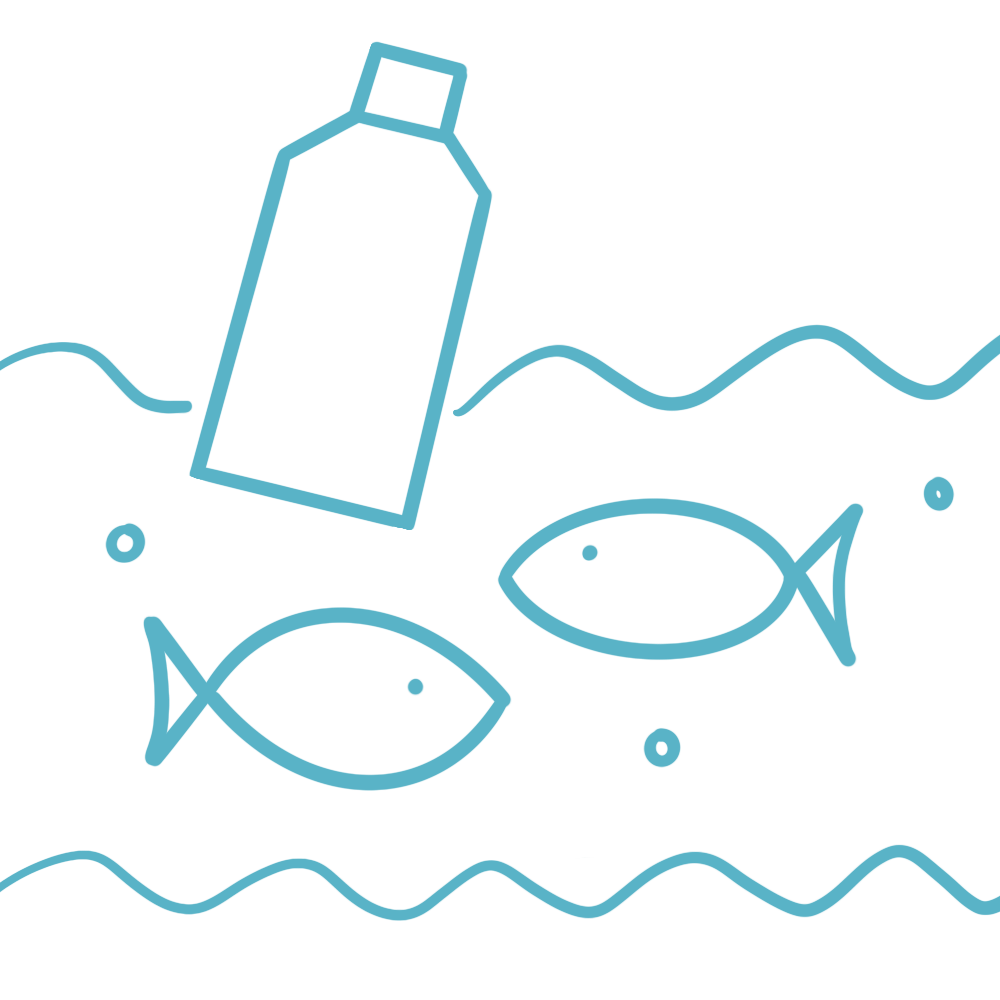


To meet the dietary needs of the 10 billion people who will be on the planet by 2050, significantly more protein will be needed. Currently more than 3 billion people get at least 20% of their animal protein from fish. Aquaculture is a critical part of the solution. Yet the industry, despite widely acknowledged improvements in efficiency and technologies, faces limits to growth. Governments and local communities are resistant to expansion and new siting due to concerns about fish waste and related water pollution. Co-located seaweed farming, sited and managed responsibly, has the potential to reduce nitrogen and phosphorus loading significantly in coastal waters.

The Paris Climate Agreement, growing regulatory pressure and a surge in extreme weather events are increasing corporate urgency to reduce carbon emissions. Yet government investments in clean energy infrastructure lag behind corporate commitments to Net Zero, slowing progress. Many companies and investors are looking for other near-term opportunities to support carbon reductions and removals. Geoengineering-based ‘carbon drawdown’ technologies like carbon capture and storage are not yet affordable or at commercial scale. Nature-based carbon removal solutions like seaweed are often lower-cost and more accessible.

Every day, plastic is flowing into our natural environment at an unprecedented rate – a dump truck worth every minute. Brand and manufacturers are under growing pressure to limit use of petroleum-based plastics in their products through reuse, recycling, and substitutes. An expected UN Global Plastic Treaty – anticipated for 2024 – could ban high-risk plastic products and encourage reuse, recycling and bioplastic alternatives. Seaweed can serve as a low-impact feedstock for making biodegradable plastics.

Human pressures are the driving factor for the decline of marine habitat and biodiversity loss in the world’s oceans. We are responsible for habitat alteration, overfishing, ocean acidification, pollution from agriculture and human caused debris. It’s time to give back to the ocean, the very system that supports life on Earth. Responsibly reseeding the seabed with seaweed will enhance the health and resilience of marine ecosystems, restore biodiversity, and support marine life populations, effectively benefiting the environment and human society.
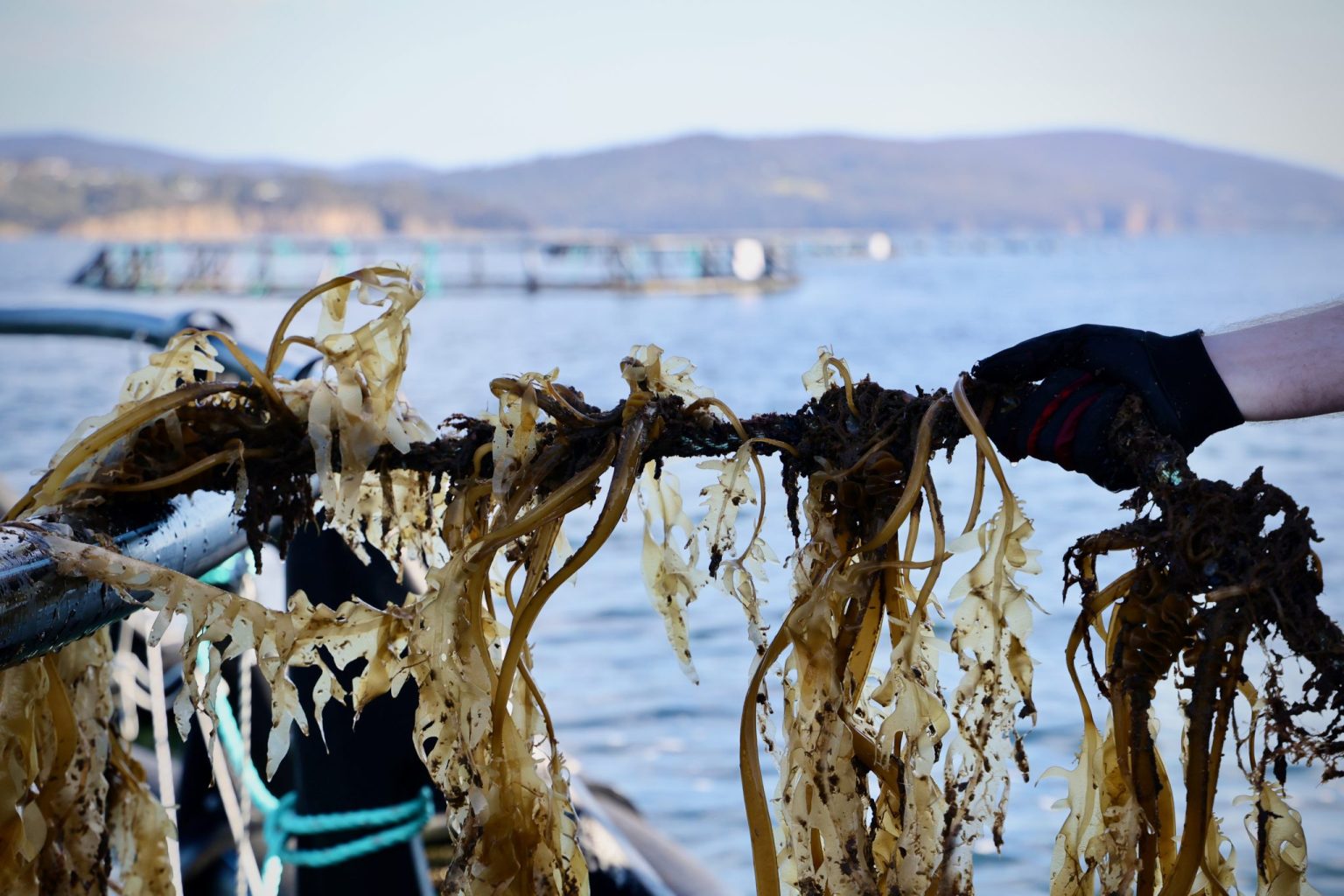

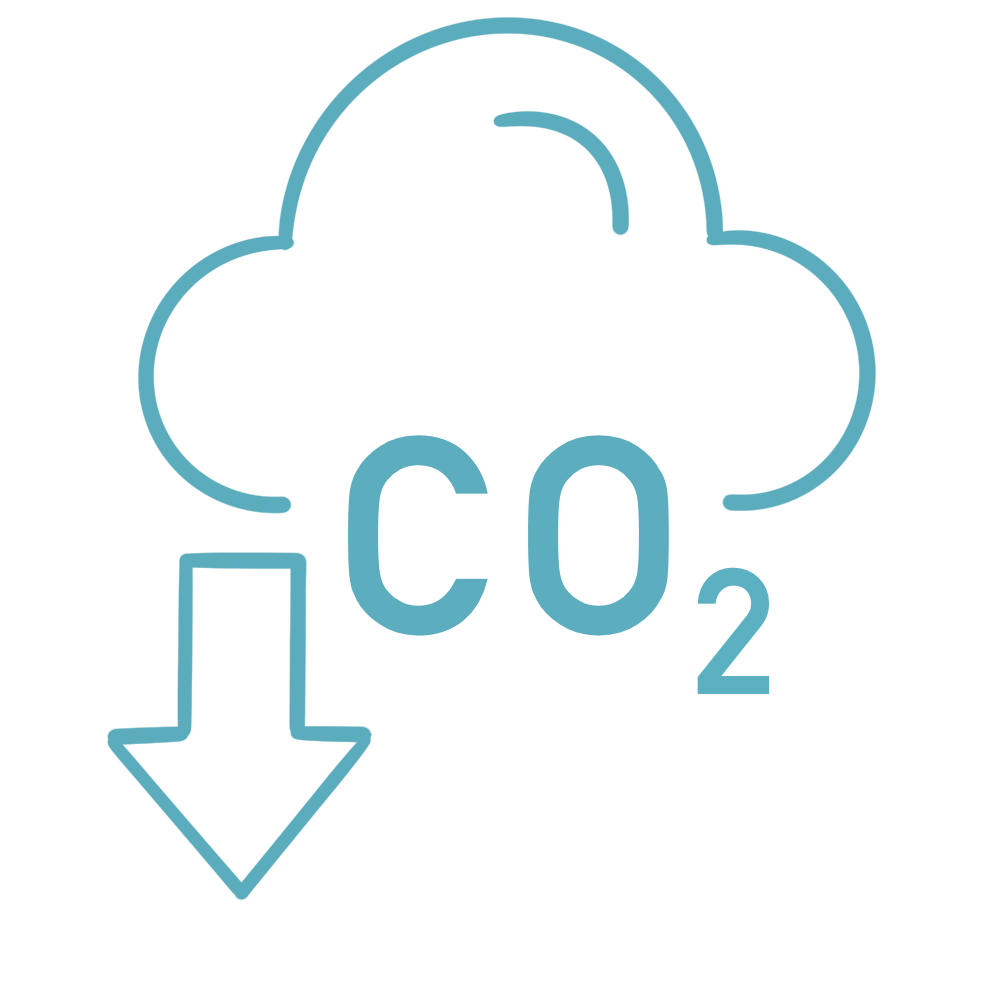
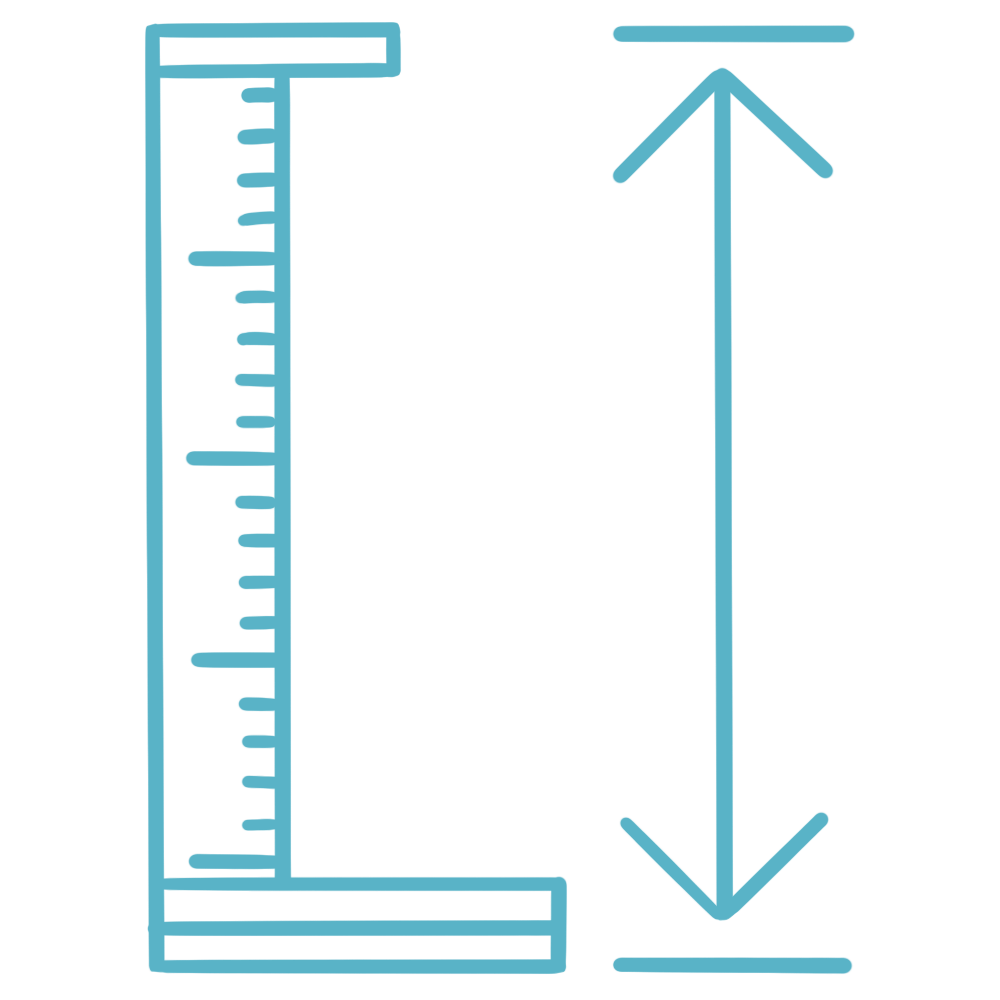
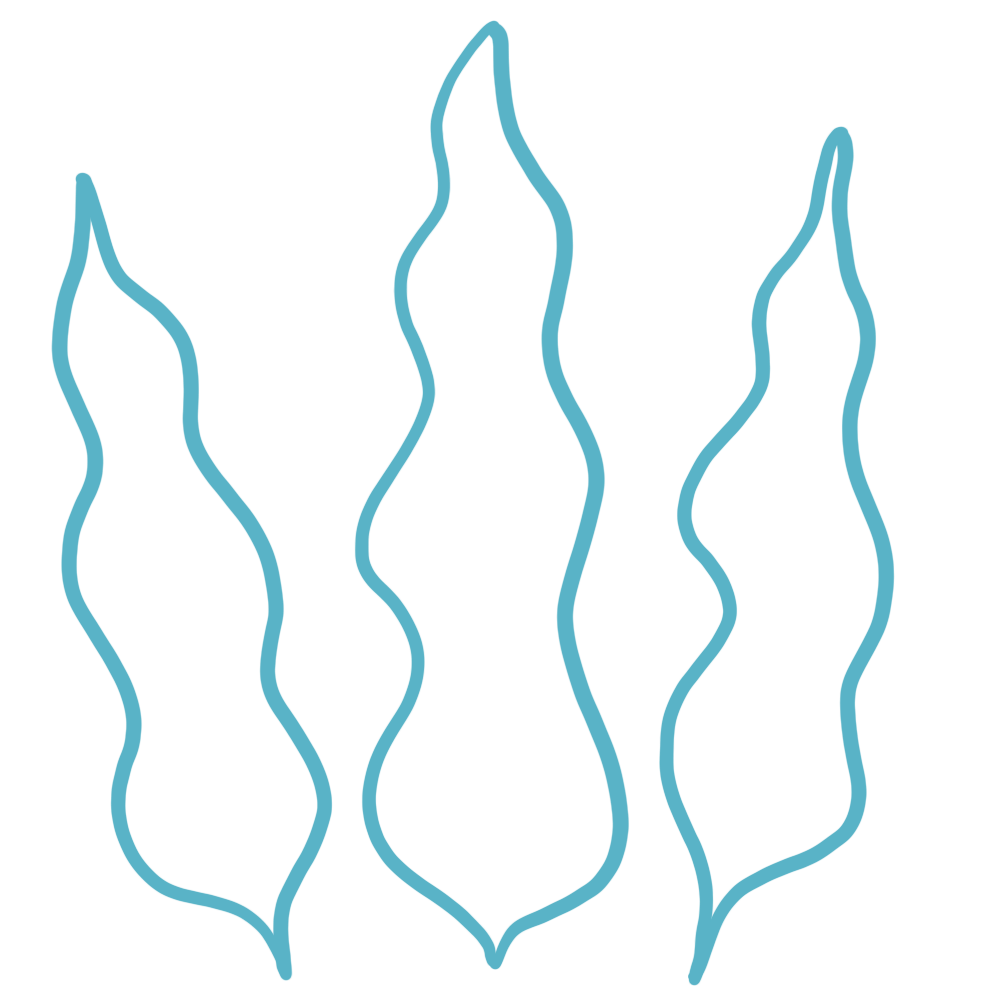




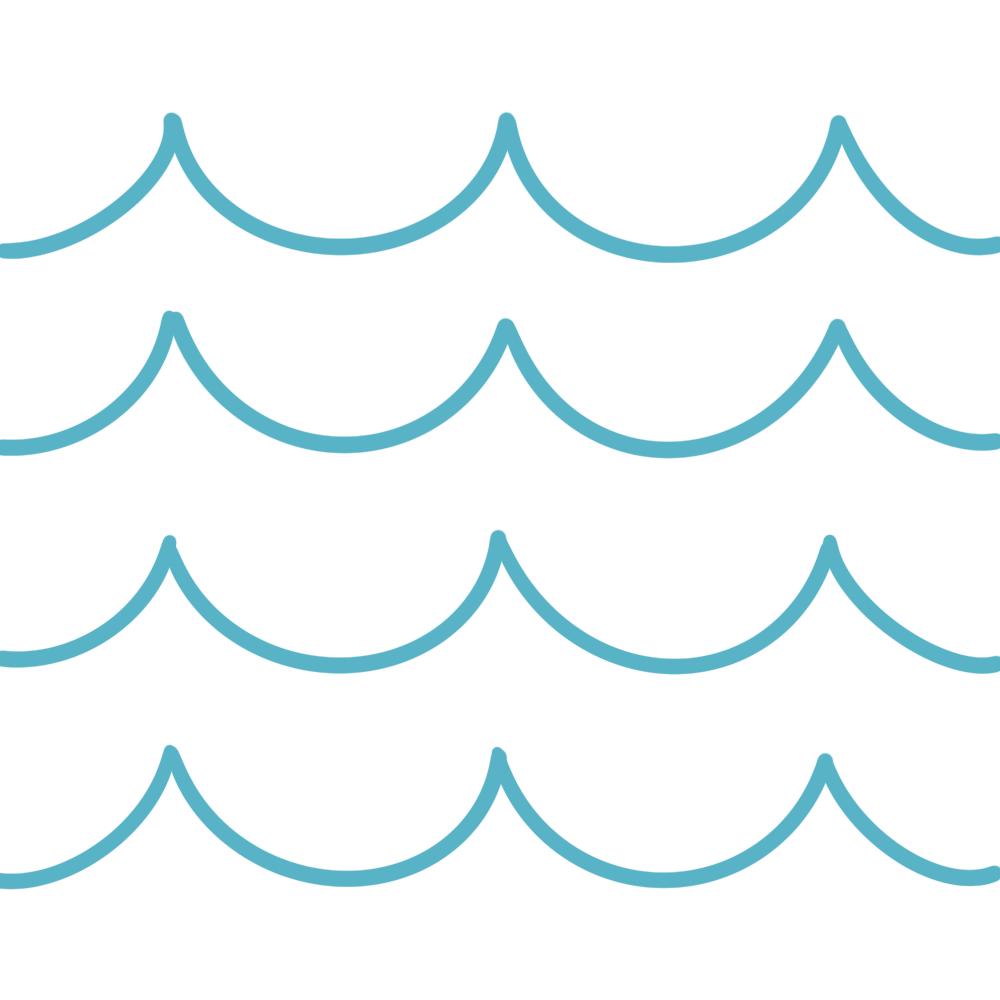
We assist partners with tailored solutions backed by our marine engineering and regulatory expertise, existing relationships to buyers in key markets and commitment to environmental assurance.

Advancing sustainable business and operational practices around the world by harnessing and transforming information into knowledge and reshaping risk into positive impact and value.
Southern Ocean Carbon acknowledges the Palawa people, the Traditional Custodians of lutruwita (Tasmania) and Tasmanian Sea Country. We pay our respect to Elders, past and present.
© 2024 ADEC Innovations. All rights reserved. | v1.1.5(1d10dce1)